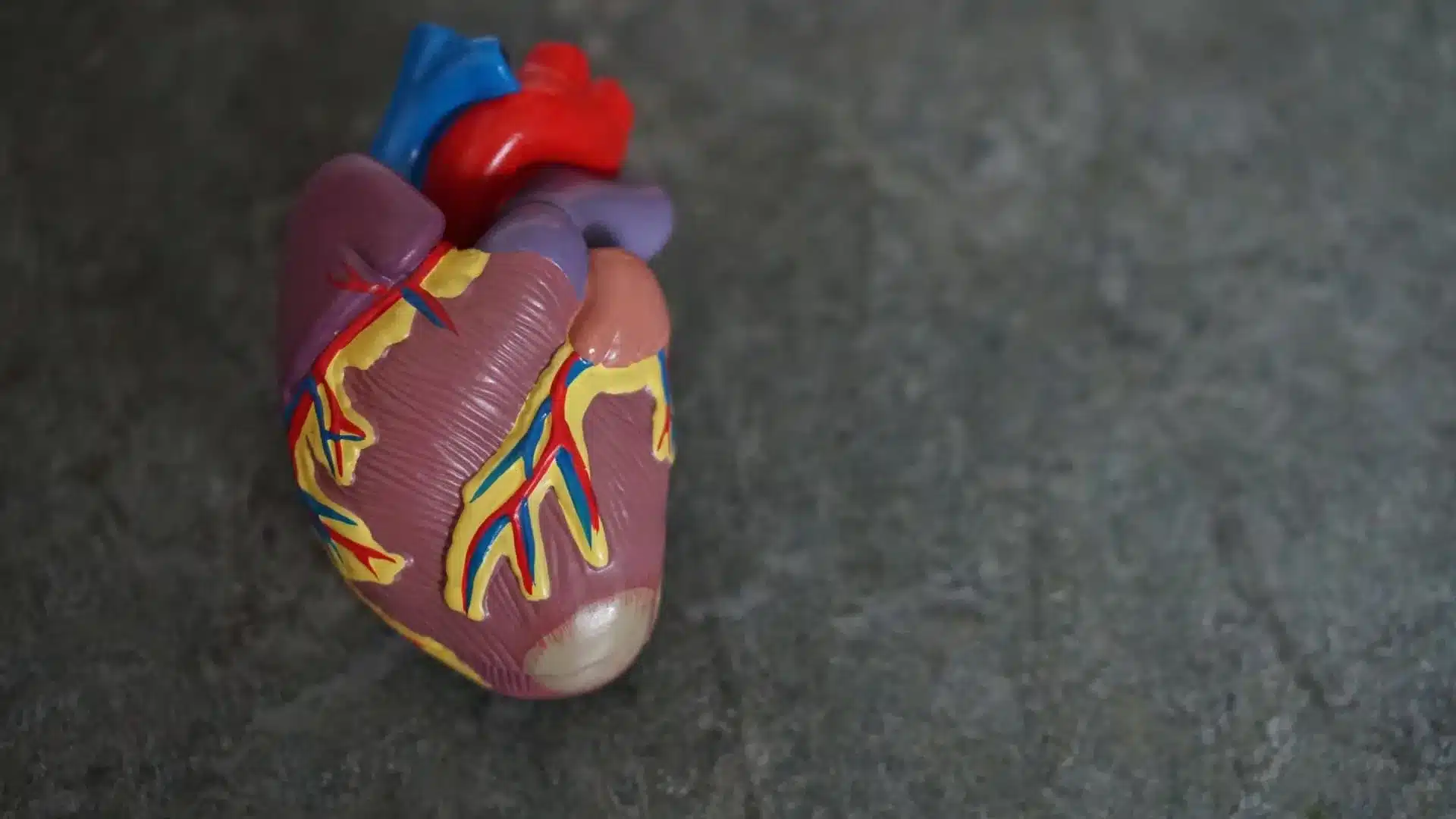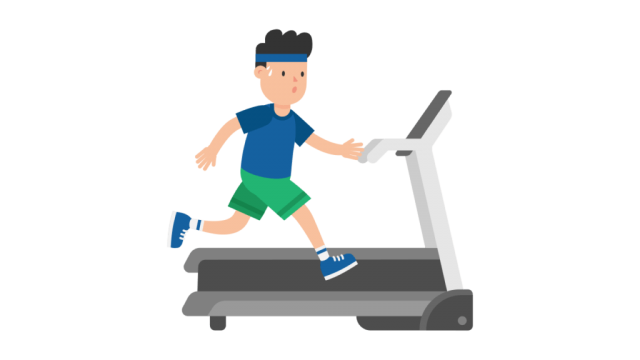
One can never emphasize enough the importance of aging with a healthy heart . The heart is the core of our being, beating 27/7, 365 days per year without rest. Thus, treating it like a precious commodity it is, is a must.
Conditions of heart disease occur when plaque, consisting of fat, cholesterol, calcium and other substances in the blood, builds up within the coronary arteries that supply the heart muscles with oxygen-rich blood. It restricts blood flow to the chambers of the heart when plaque builds up, which can lead to heart attack, sudden heart death, and stroke. According to the World Health Organization Statistics , there were 17.9 million people died from CVDs in 2016, representing 31% of all global deaths. 85 percent of these deaths are caused by a heart attack and stroke. With this record, a heart health importance awareness is called upon the globe.
The statistics are indeed eye-opening, good thing is that a healthy lifestyle can assure the wellness of the heart and even slow down heart-related problems. A test can even predetermine complications of the heart which is called a cardiac stress test.
What is The Best Cardiac Stress Test?
A Cardiac Stress Test, which can also be referred to as a cardiac diagnostic test or cardiopulmonary exercise test shows how your heart works during a specific physical activity. It measures your heart’s sensitivity to external stimuli being given in a controlled clinical environment. There will be an activity that will be given to make the heartbeat more enthusiastically and quicker. The test can then show if the supply of blood in the arteries in the heart has any issue or abnormalities. As the body works harder during the test, it will require more oxygen, so the heart needs to pump more blood. The test can then show whether the blood supply in the heart supply arteries is reduced. It also helps doctors know the kind and level of exercise appropriate for a patient.
A stress test generally includes strolling on a treadmill or riding a stationary bicycle. During the procedure, the heart mood, pulse, and breathing are checked. Or on the other hand, you’ll get a medication that imitates the impacts of the activity. Your electrocardiogram, heart rate, and blood pressure will be tracked throughout the entire process.
When Do You Need it?
Your primary care physician may prescribe a pressure test on the off chance that you have signs or manifestations of coronary corridor ailment or an unpredictable heartbeat (arrhythmia). The test may likewise control treatment choices, measure the adequacy of treatment or decide the seriousness on the off chance that you’ve just been determined to have a heart condition.
Types of Stress Test
There are three types of stress test which are exercise stress tests, nuclear stress tests, and stress echocardiograms. Images of your heart will be taken in nuclear stress tests and stress echocardiograms.

Exercise Tests
A doctor or a healthcare practitioner will put a few anodes (little sensors that adhere to the skin) on your arms, legs, and chest. The supplier may need to shave excessive hair before putting the terminals. The cathodes are then joined by wires to an electrocardiogram (EKG) machine, which records your heart’s electrical movement. You will then need to take a stroll on a treadmill or ride a stationary bike, beginning gradually.
After a few minutes, you’ll walk or pedal quicker, with the slope and opposition expanding as you go. You’ll keep strolling or riding until you arrive at the target pulse rate set by your doctor. You may need to stop sooner in the event that you’ll experience stress side effects, for example, chest torment, shortness of breath, tipsiness, or weakness. The test may likewise be halted if the EKG shows an issue with your heart. After the test, you’ll be observed for 10–15 minutes or until your pulse comes back to normal.
Nuclear Stress Test
You will be asked to lie down on a medical table. A nurse will then embed an intravenous (IV) line into your arm which contains a radioactive dye. This will help the doctor examine images of your heart. The dye will take 15-40 minutes to be absorbed in the heart. There will be a special camera that will be able to take images of your heart. The remainder of the test is the same as an exercise stress test.
You’ll get medicine that would make your heart beat faster and harder in cases of medical reasons that would enable you to take an exercise test. You’ll get another shot of the radioactive dye when your heart is working at its hardest. Then, get more pictures of your heart as you continue to exercise. The images of your heart at rest and your heart in exercise will be then compared. You’ll be monitored until your heartbeat returns to its normal rate. To remove the dye, drinking lots of water will help it exit your body through your urine.
Stress Echocardiogram
The doctor will hold a transducer against your chest. It is a wand-like device covered with a special gel that will make sound waves that will create moving pictures of your heart. After you will be asked to do an exercise stress test but if you’re not healthy enough to do so, a medicine will be given to you to make your heart beat faster. Images will be taken as your heart progresses to its heart rate limit as well as when it at rest. A comparison on both will be done by the doctor and you’ll be monitored until your heart rate becomes normal.
A feeling of exhaustion or muscle and joint pain will be experienced a day or two after the exam is normal especially if you’re not used to exercising. Rest assured that it will gradually subside. However, head immediately to your nearest hospital if you experience chest tightness or pain that lasts for a few minutes, or trouble breathing, or lightheadedness after returning home from a stress test.

Results
Generally, a cardiac stress test is made to determine abnormalities in one or more coronary. The result to be expected will be either normal or abnormal.
You do not have any significant coronary artery disease when you have a normal (negative) cardiac stress test results. Chances of a heart attack are less but may still happen if a smaller blockage ruptures and forms a clot. But if you have normal test results but experiences cardiovascular symptoms, it may not be related to coronary heart disease but it would still warrant further tests and investigation
When you have an abnormal (positive) stress result, it means that you may have significant coronary artery disease. The doctor may require you additional tests to confirm. Your health care provider may suggest a coronary angiogram to pinpoint the exact location of the blockage.
See also: Keto Diet and Heart Disease: Can Keto Diet Help Prevent Heart Disease?
Other Considerations
Don’t ever hesitate to ask for a second opinion even when the stress test results are negative. You’re the one who understands your body well and know when something is not normal, especially when it comes to your heart. Just always remember, a healthy lifestyle leads to a healthy heart.
You can get in touch with one of our doctors in Premier Health & Wellness Center . Schedule your appointment today or visit us at 38 King Street, Hamilton, Bermuda.
